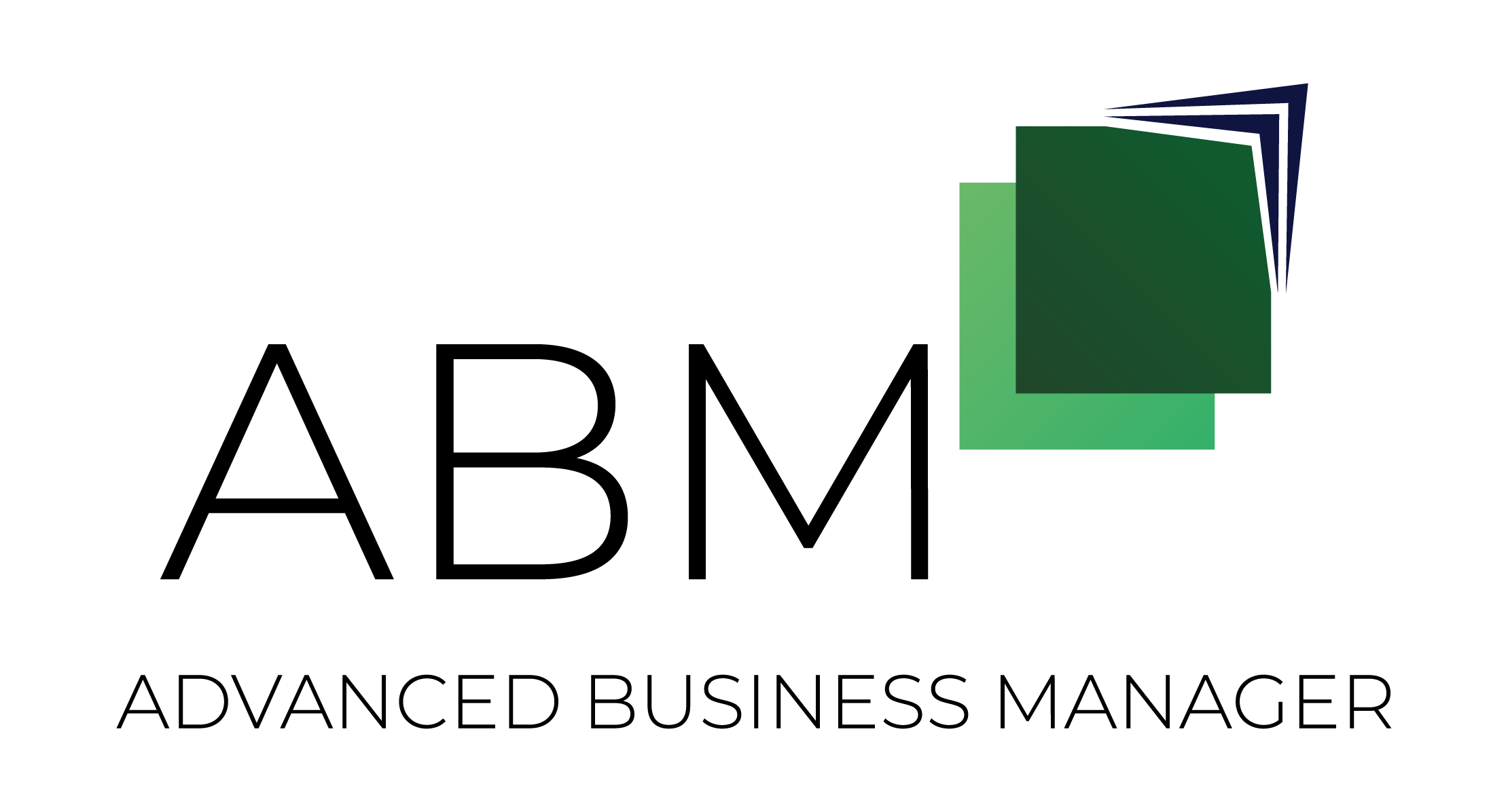No two companies are the same, and neither should the business management software they’re using be.
Every organisation has its own unique needs and a one-size-fits-all platform doesn’t always make sense. But that shouldn’t preclude an enterprise from developing a digital ecosystem to store and transmit data, gain better oversight and automate operational processes.
Increased success in manufacturing brings competition.
With digital disruption at the core of an increasingly competitive industry, manufacturing companies should evaluate all possible options and ensure the wp-contentlications they incorporate don’t just map to their needs, but are also forward-looking.
Where are the needs
Although the manufacturing sector’s year-long boom has no end in sight, it certainly won’t be getting any easier to stay successful. Amazon and its many subsidiaries are set to enter the Australian market and impact everything from the supply chain to the consumer. Companies will have to scale quickly to continue competing with the new face entering the country.
“Some businesses are concerned about the threat of competition while others are excited to embrace the opportunity that Amazon offers,” Kate Carnell, the Australian Small Business and Family Enterprise Ombudsman, told Food Processing.
Expert foresight and total control of internal operations should be a given, but for many manufacturing organisations it can remain a consistent problem. Bookkeeping, for example, can be difficult to stay on top of when nearly half of all small businesses are owed more than $20,000 in late payments, Dynamic Business reported.

Connectivity is vital
The key is incorporating a platform that has modules which align with the company’s weaknesses; whether that be accounting, structured stock or import costing software. But, the most important aspect isn’t what it can do, but how it transfers that information.
The platform you use should connect multiple programmes.
Many owners rush to integrate a solution without first understanding how it fits into the broader picture. Inventory levels should be visible to the accounting arm of the office, for instance. Data must be allowed to transmit seamlessly between point A and B.
It seems like a simple requirement, but consider the programmes you might currently have in place. Ideally, you don’t have to log in or out more than once per day – all information should be obtainable. Far too often, accounting platforms require you to input data because it can’t sync with others.
When searching for business management software, be sure to investigate whether it meets all of your needs. There’s no use in purchasing licences for multiple solutions that only serve to silo departments and processes when there are technologies available that provide modules that can easily be added or removed.
Stay prepared
You can’t foresee every risk, but you can certainly try and prepare for them. Natural disasters aren’t all too common but they can be devastating when they strike. Businesses that keep client and other pertinent information on legacy software like Excel spreadsheets or on platforms that store the data on-site are exposing themselves to potential dangers.
This is because the data will almost surely be lost if there aren’t any remote backups of the information. While you may have a dedicated staff member assigned to ensuring everything is downloaded once a week, it only takes a little bit of workplace chaos to forget.

Did you know the Federal Emergency Management Association (FEMA) reported that nearly 40 per cent of small businesses never open their doors again after a natural disaster? The sheer financial exposure of restoring a location can be a burden to bear, but losing valuable information about clients accounts can sink a company too.
Be sure to incorporate business management software that can store information on the cloud – this is often a given on platforms that create an ecosystem of data.
Look for opportunities to improve
Far too often do companies automate certain processes like accounting without looking into other areas of operation that can be improved. The key to staying competitive in an industry with such tight margins like manufacturing isn’t just upgrading the front-end through robotics or the Internet of Things (IoT), but utilising the advances in technology to transform back-end functions.
40 per cent of companies fail because they can’t handle success.
One popular example of this is business intelligence, which leverages data to develop impactful insights. Many organisations simply don’t have the staff with proper skill level, or the technical capabilities, to collect and sift through information and then extract its meaning. This can be near impossible if software programs managing key areas of the business can’t connect and transfer information between each other.
Then there are platforms like Alchemex, which automatically generates on-going reports about business functionality, where time and money are being lost and other key perspectives on your company. It doesn’t need a human to feed data into an Excel spreadsheet, which removes all hassle and lets companies start benefiting immediately.
Similarly, perhaps you want your employees to have more of a competitive advantage than they’ve had in the past. Mobile customer relationship management (CRM) platforms have emerged as a common tool for sales staff in the 21st century, as they can provide valuable information at the click of a button, wherever they may be.
Unfortunately, some of that information may not be available if, say, all your bookkeeping information is stored on a separate program. Siloing it then requires increased collaboration between accounting and sales, something neither side has the time for. Being able to add the CRM on as a module allows your company to seamlessly transfer information from point A to point B.
At the end of the day, business management software can be the core of many organisation’s extended growth – but only if they have the foresight to see what sort of characteristics of the platform could be beneficial or hurt them. Nearly 40 per cent of companies fail simply because they can’t handle the challenges that come with success, according to Business Insider. Don’t let your enterprise face the same fate; contact an Advanced Business Manager representative today.






